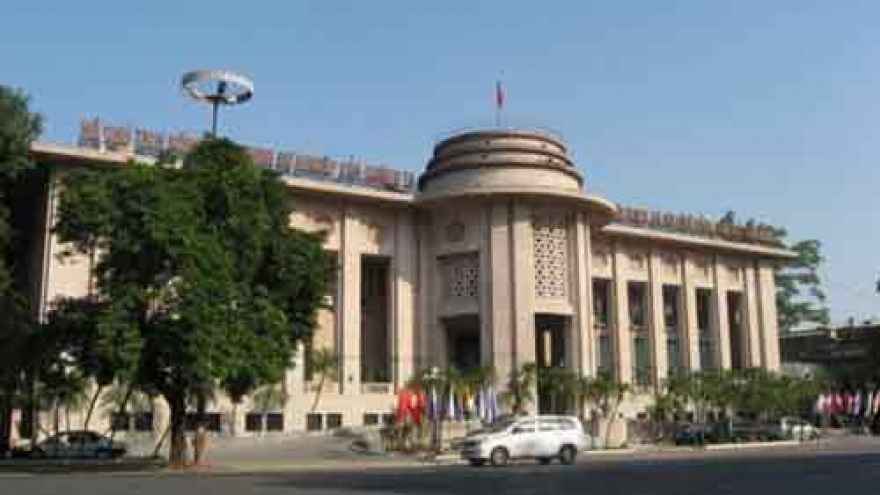BIDV calls for specialist bad debt unit
Banking analysts from the Bank for Investment and Development of Vietnam (BIDV) have proposed several measures to better manage Vietnam’s public debt, which is viewed as a mounting problem for economic-planners.
In a report released on June 8, BIDV’s analysts recommended creating an independent supervision committee called the National Public Debt Supervisory Commission (NPSC) to directly supervise public debt.
It would be a similar entity to the National Financial Supervisory Committee.
It proposed setting up a separate financial institution to manage all cash flows and activities relating to foreign loan management, and put itself forward as that institution.
 |
“This institution will be the key contact responsible for due diligence and lending terms and conditions for development projects,” the report stated.
“The institution must be an experienced organization in terms of managing foreign loans.”
The proposal comes at a time when Vietnam is facing major challenges with public debt, which has been growing at 16% annually and stood at 62.2% of total GDP as at the end of last year.
According to BIDV, Vietnam’s public debt totaled VND2,608 trillion (US$116.81 billion) as at the end of last year compared to VND1,393 trillion (US$62.39 billion) in 2011.
The figure may actually be higher due to a “definitions gap” between Vietnam and international norms in terms of classification.
Some foreign analysts have said that Vietnam’s public debt may even be up around 100% of GDP, the BIDV report noted.
The National Assembly, meanwhile, has approved a public debt maximum of 65% of total GDP.
Public debt to GDP ratio could breach the NA limit as early as this year
 |
| Source: CEIC, MoF, HSBC estimate |
Vietnam has set a GDP target of 6.7%-7% per year during the 2016-2020 period, which is considered ambitious given the current circumstances, according to BIDV’s analysts.
The country’s infrastructure development demand is about 10%-12% of GDP annually, which is far beyond the State budget’s capacity.
Vietnam must borrow to fund debt repayments, with VND150 trillion (US$6.71 billion) needed in 2015, or much higher the VND80 trillion (US$3.58 billion) borrowed in 2014.
Budget revenue out of GDP has been down over the last few years, at only 22.1% in 2015 from 25.9% in 2011.
Likewise, its incremental capital output ratio (ICOR) in the 2001-2005 period was 4.88, 6.96 in 2006-2010, and 6.92 in 2011-2014, according to the World Bank.
“The efficiency of public investment in Vietnam has been quite low,” BIDV’s analysts wrote.
Another problem with Vietnam’s inefficient public investment is that a larger part of public debt has been used for debt repayment instead of public investment, according to BIDV. The structure of public expenditure has not been stable, it added.
Overall, BIDV analysts recommended the Ministry of Finance (MoF) have clearer guidelines to implement the Law on Public Debt and build a national system for debt verification.
In its June report on Vietnam’s economy, HSBC analysts also warned of higher public debt.
“The wide flow deficits are especially problematic in light of Vietnam’s already high public debt ratios,” wrote Ms. Izumi Devalier, an economist with HSBC in Hong Kong.
“We estimate that Vietnam’s public debt - which includes external and domestic debt outstanding of the central and local governments, coupled with government guarantees - rose to 63.3% of GDP as of end-2015, up from 59.6% in 2014.”
The debt burden, according to Ms. Devalier, has been exacerbated by slowing inflation - which dented nominal GDP - and VND depreciation, which raises the value of external debt.
“We expect the debt-to-GDP ratio to rise to 64.5% of GDP in 2016, approaching the National Assembly-approved limit of 65%,” she wrote.



